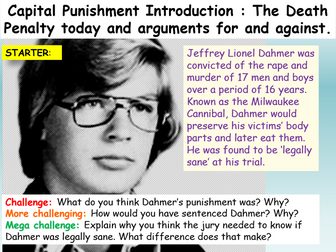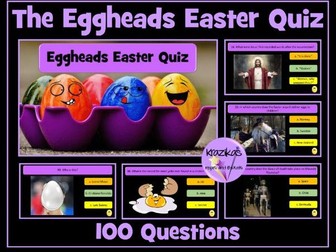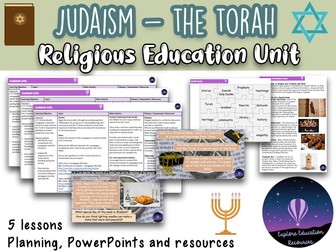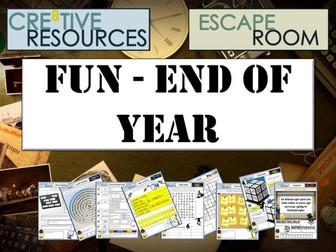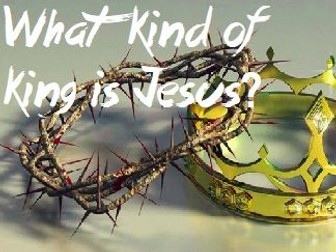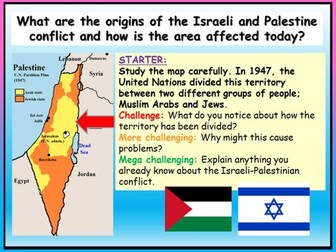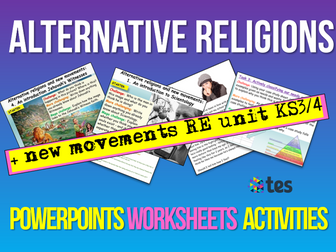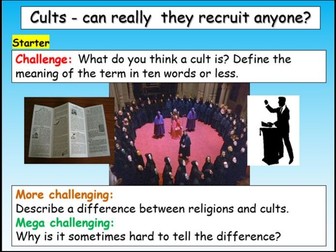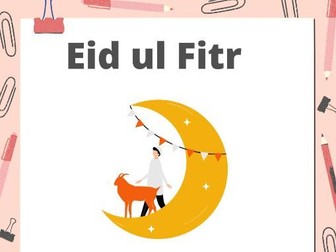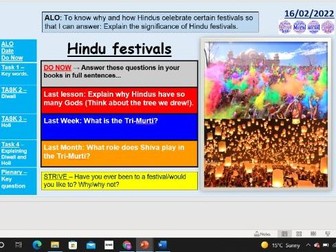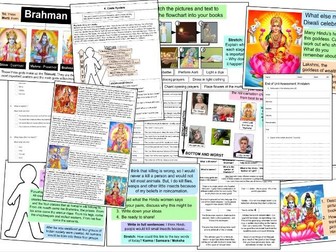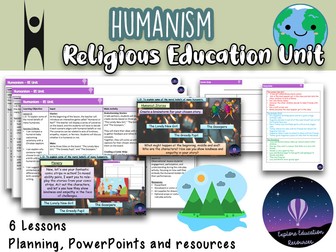
The Death Penalty / Capital Punishment
2 hour, fully resourced lesson which focuses on capital punishment, its legal status around the world, the moral and religious arguments for and against and the history of the death penalty. The lesson has been left editable and is filled with engaging, well differentiated and fun activities. It is useful for PSHCE or Religious Education as an introduction to the topic, or could be used as a standalone lesson as something different for a drop-down-day. This lesson gained an outstanding when it was observed.
Find more lessons on everything from misogyny, masculinity, Incels and Andrew Tate to dating, love, health and wellbeing, extremism, pornography, gender and transgender prejudice, racism, sex and relationships and much more at our store.
Please visit my Tes store https://www.tes.com/teaching-resources/shop/EC_Resources for everything PSHE, RSE, RE and Citizenship.
We still offer a free lesson of your choice for each time you leave a review! Just email info@ecpublishing.co.uk
The pack includes a 2 hour long PowerPoint, differentiated challenge activities, worksheets, clips and literacy focus tasks. These resources have been designed to be engaging, detailed and easy to follow.
You can find many more inexpensive and free PSHE, Citizenship and RE resources at my shop: MORE PSHE RESOURCES
